Learning to love winter the Pacific Northwest is largely an exercise in training yourself not to believe what you see. A common refrain among the outdoor enthusiasts in Vancouver, BC is “Rain in the city means snow in the mountains.” Even still, it takes a substantial mental leap to wake up in the morning to grey drear and motivate yourself to toss your snowshoes and backpack into the trunk and drive to a trailhead.
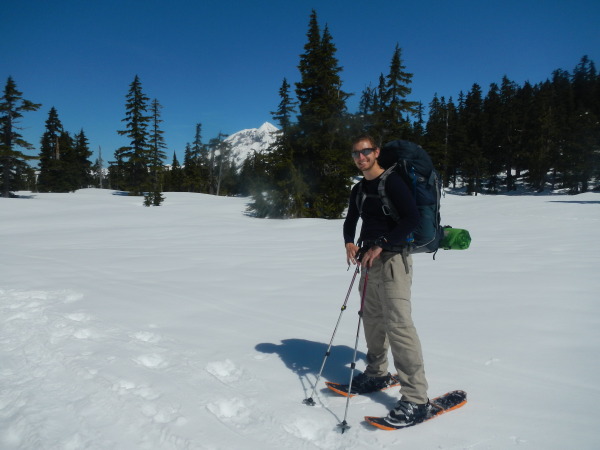 If you can manage it though, the rewards are substantial. There are three world-class ski resorts within a 30-minute driving radius of downtown Vancouver offering downhill and cross-country skiing as well as extensive networks of snowshoe trails. Also, thanks to a quirk of meteorological science called the tropical inversion layer, heading up into the mountains can often bring you out of the low-lying clouds and into a winter wonderland with beautiful clear skies. It is a magic trick that makes the northwest a truly wonderful place to be.
If you can manage it though, the rewards are substantial. There are three world-class ski resorts within a 30-minute driving radius of downtown Vancouver offering downhill and cross-country skiing as well as extensive networks of snowshoe trails. Also, thanks to a quirk of meteorological science called the tropical inversion layer, heading up into the mountains can often bring you out of the low-lying clouds and into a winter wonderland with beautiful clear skies. It is a magic trick that makes the northwest a truly wonderful place to be.
If you are willing to take things a little further, however, by driving the one hour north of Vancouver to Squamish, BC you can treat yourself to some of the best backcountry exploring you are likely to find anywhere. That is exactly what I did with two friends on a brisk April day to explore one of the hidden gems of the Coast Mountains: Elfin Lakes. The trip would be something of a hodge-podge out backcountry winter travel methods. While I would rely on my trusty MSR Lightning Ascent 30 snowshoes, my companions would be testing the merits of all-terrain (AT) skiing and hiking with crampons. Given the unpredictable nature of spring in the mountains, we were eager to see which method proved the most effective.
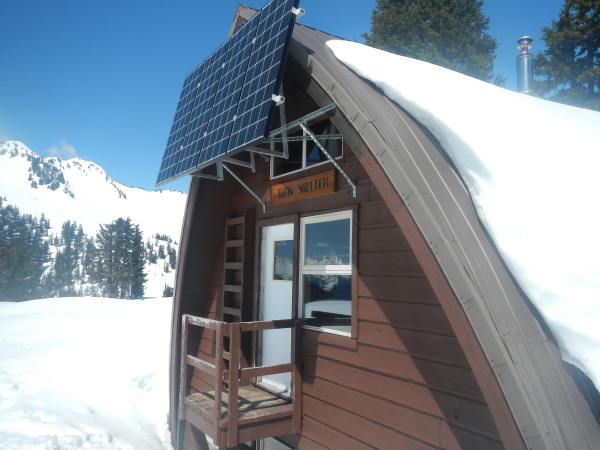 The plan was to take advantage of a clear weekend forecast by overnighting at the lakeside cabin maintained by BC Parks and to do some exploring on Sunday morning before returning to the car. The trail to Elfin Lakes is a steady 11 km (7 mile) climb from the parking lot onto a gently sloping ridge that provides far-reaching views for the last hour of the day before finding its way to the two small alpine lakes that give the trail its name.
The plan was to take advantage of a clear weekend forecast by overnighting at the lakeside cabin maintained by BC Parks and to do some exploring on Sunday morning before returning to the car. The trail to Elfin Lakes is a steady 11 km (7 mile) climb from the parking lot onto a gently sloping ridge that provides far-reaching views for the last hour of the day before finding its way to the two small alpine lakes that give the trail its name.
The first challenge of the trip, however, is making it to the parking lot. The heavily potholed gravel road that winds its way through the southern end of Garibaldi Provincial Park can be snow-covered and impassible for much of the winter. Given that we undertook the journey in a small, budget-friendly rental car we were happy to see that the snow had receded to the exact elevation that the trail began at, although savvy parks road workers may have played a hand in that.
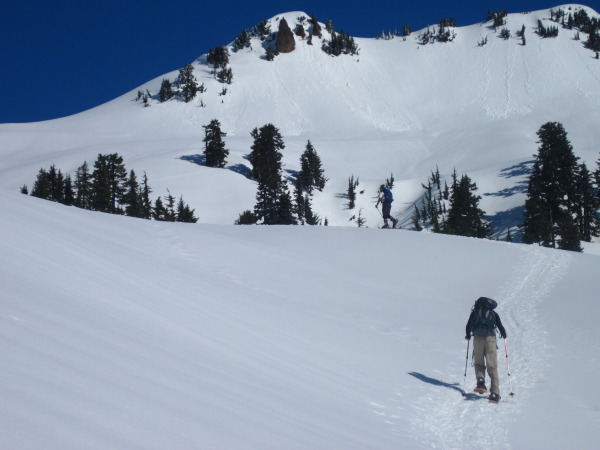 Stepping onto the trail immediately led us into the quintessential PNW forest. Conifers of epic proportions towered above us on either side as we climbed the steep route towards the ridge. The wide trail through the woods is what remains of the main access road to the former Diamond Head Lodge at Elfin Lakes. Today it is used only by backcountry explorers, but anyone who enjoys the comparatively phenomenal accommodations at the lake owes a debt of gratitude to the lodge.
Stepping onto the trail immediately led us into the quintessential PNW forest. Conifers of epic proportions towered above us on either side as we climbed the steep route towards the ridge. The wide trail through the woods is what remains of the main access road to the former Diamond Head Lodge at Elfin Lakes. Today it is used only by backcountry explorers, but anyone who enjoys the comparatively phenomenal accommodations at the lake owes a debt of gratitude to the lodge.
As you climb the trees gradually take on more reserved proportions and the forest thins to reveal Red Heather Meadows and the first views of the day. The meadow also boasts a warming hut thoughtfully maintained by parks staff with snowshoers and skiers in mind. If the weather is especially bad you can hunker down in the hut before retreating to the parking lot.
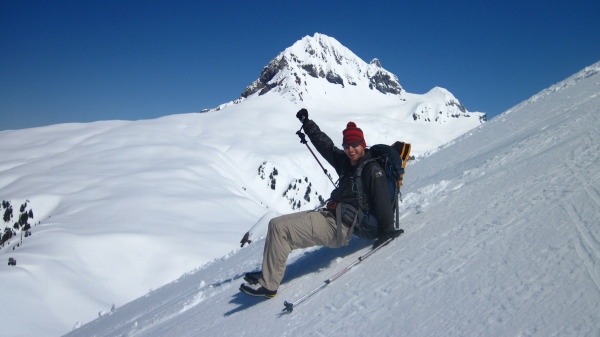 We encountered no such misfortune, however and were soon on the rolling ridge leading to the lake. We enjoyed sweeping views of Diamond Head Mountain and the surrounding ranges. When we made it to the hut we agreed that snowshoes and AT skis were neck-and-neck for efficiency on day one, leaving crampons in the dust. The full day of climbing requires suitable snowshoes however. Something with an aggressive crampon and a heel bar would be your best bet.
We encountered no such misfortune, however and were soon on the rolling ridge leading to the lake. We enjoyed sweeping views of Diamond Head Mountain and the surrounding ranges. When we made it to the hut we agreed that snowshoes and AT skis were neck-and-neck for efficiency on day one, leaving crampons in the dust. The full day of climbing requires suitable snowshoes however. Something with an aggressive crampon and a heel bar would be your best bet.
The shelter at Elfin Lakes is the height of backcountry accommodation. Your fee of $10 CAD per person per night gets you access to two sinks and two stove-tops (powered by solar panels on the roof), small dining area, and any of 33 bunks on the upper level of the cabin. Although upper level is relative in the winter months as the snow often reaches up to the second story windows. The bunks are bare wood platforms requiring you to bring a sleeping mat and sleeping bag but they are graciously roomy, allowing you to keep all you gear close at hand.
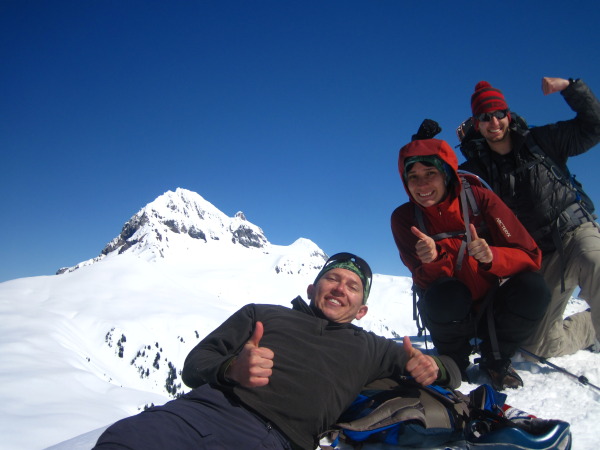 The cabin stays relatively warm all night but you’ll want to pack a winter sleeping bag with a comfort range well below freezing just in case. Also, be aware of the number of cars in the parking lot as BC Parks advises that the cabin often fills up quickly on certain weekends and campers should be prepared to sleep outside. The night I spent in the cabin was a quiet one with only 2 other skiers in attendance. If the weather permits, make sure you enjoy the sunset over the mountains.
The cabin stays relatively warm all night but you’ll want to pack a winter sleeping bag with a comfort range well below freezing just in case. Also, be aware of the number of cars in the parking lot as BC Parks advises that the cabin often fills up quickly on certain weekends and campers should be prepared to sleep outside. The night I spent in the cabin was a quiet one with only 2 other skiers in attendance. If the weather permits, make sure you enjoy the sunset over the mountains.
We awoke the next day to more clear skies and excellent conditions for exploring. We through the essential day hiking and avalanche safety gear into our packs and made our way north-northwest of the cabin to the base of Columnar Peak and its subsidiary summit called The Gargoyles for the rock spires that encircle the summit.
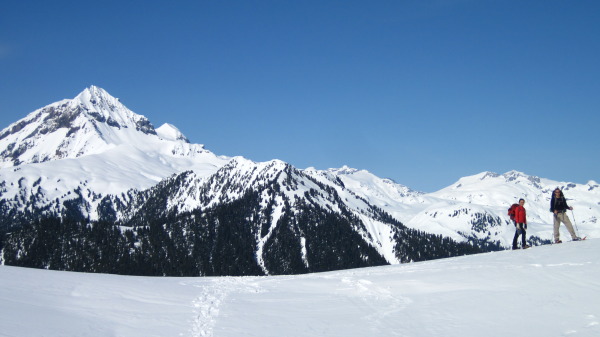 Fortunately the snow was solid and the avalanche risk very low. We enjoyed a morning of skiing and glissading the bowl between the summits and even managed to stand atop The Gargoyles (5,153 ft/1,571 meters). While snowshoes pulled into the lead in the efficiency competition as we ascended the bowl, crampons were the clear winner on the mountain’s upper reaches and skis were untouchable for speed on the way down, of course.
Fortunately the snow was solid and the avalanche risk very low. We enjoyed a morning of skiing and glissading the bowl between the summits and even managed to stand atop The Gargoyles (5,153 ft/1,571 meters). While snowshoes pulled into the lead in the efficiency competition as we ascended the bowl, crampons were the clear winner on the mountain’s upper reaches and skis were untouchable for speed on the way down, of course.
After a thoroughly enjoyable morning spent enjoying the terrain we made our way back to the cabin to collect our gear before descending to the car. The skis made it back about an hour ahead of the rest of us, but the hike back down through the forest isn’t one I would have rushed. The fairy tale woods of Hansel and Gretel have nothing on the temperate rainforests of the Pacific Northwest. Combine the immense scale and pristine beauty of the woods and mountains with a clear day, comfortable temperatures and ample snow and you have a recipe for a perfect weekend within driving distance of downtown Vancouver.
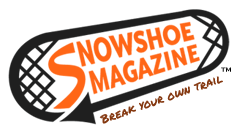
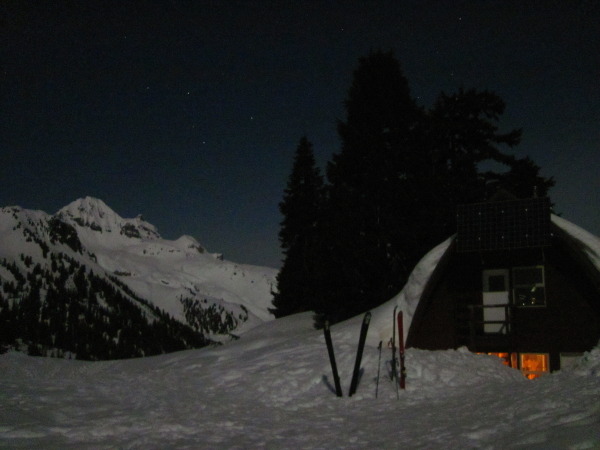
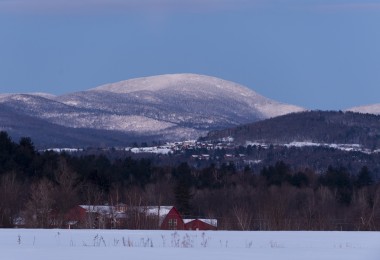
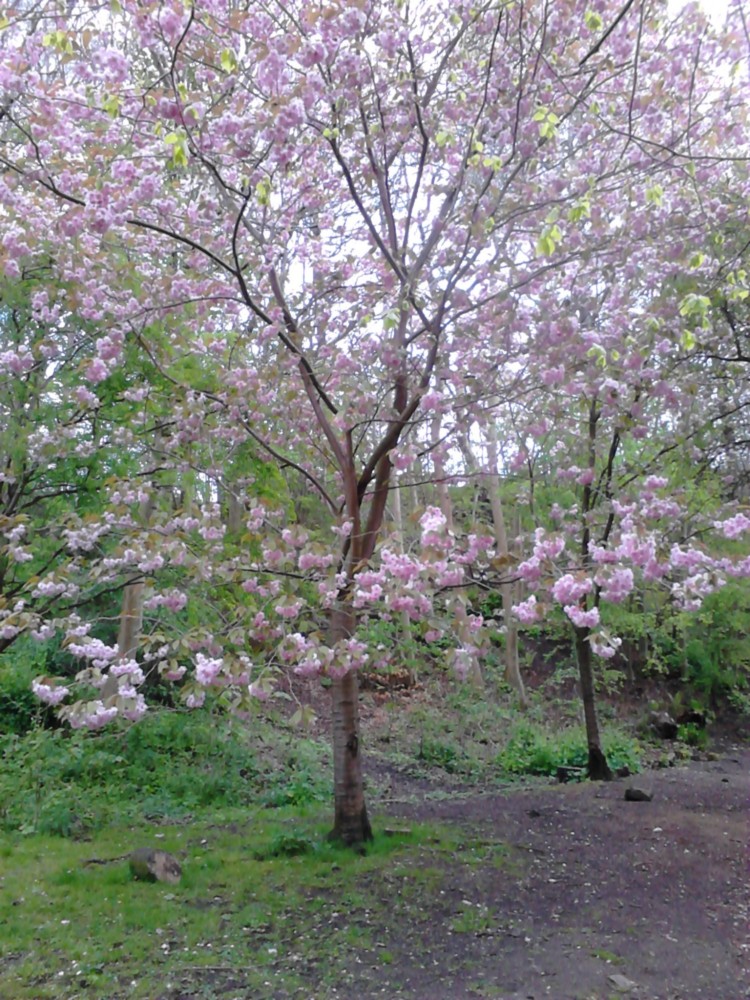
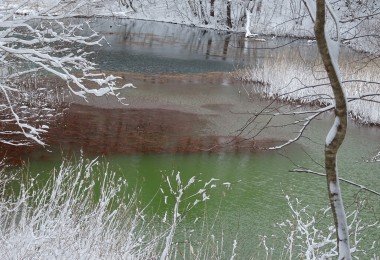
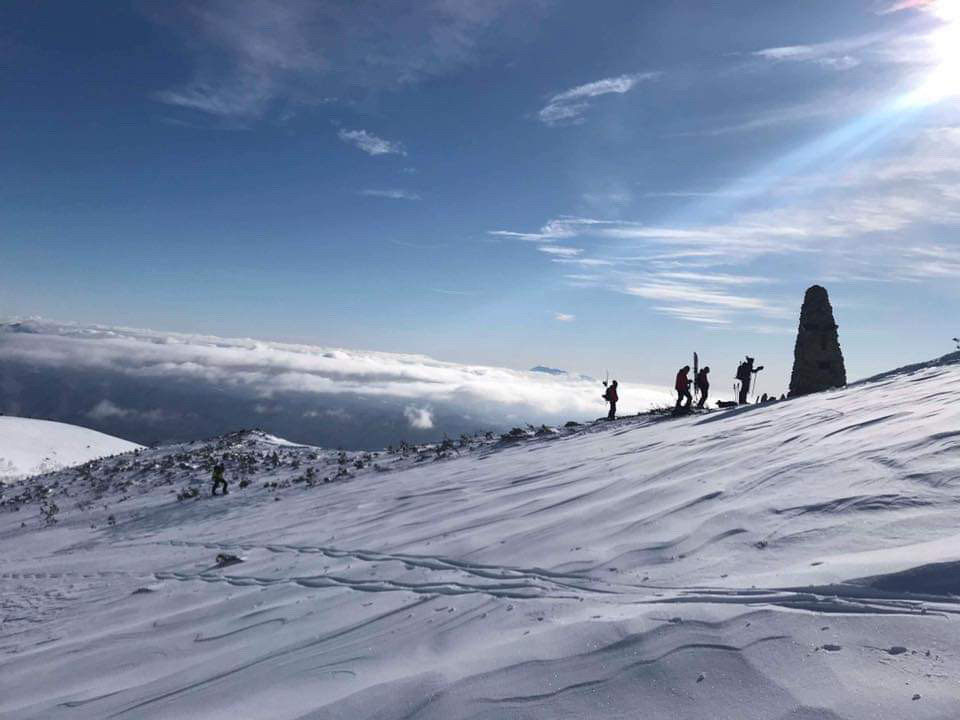

How about if I don’t have reservation and just arrive this weekend